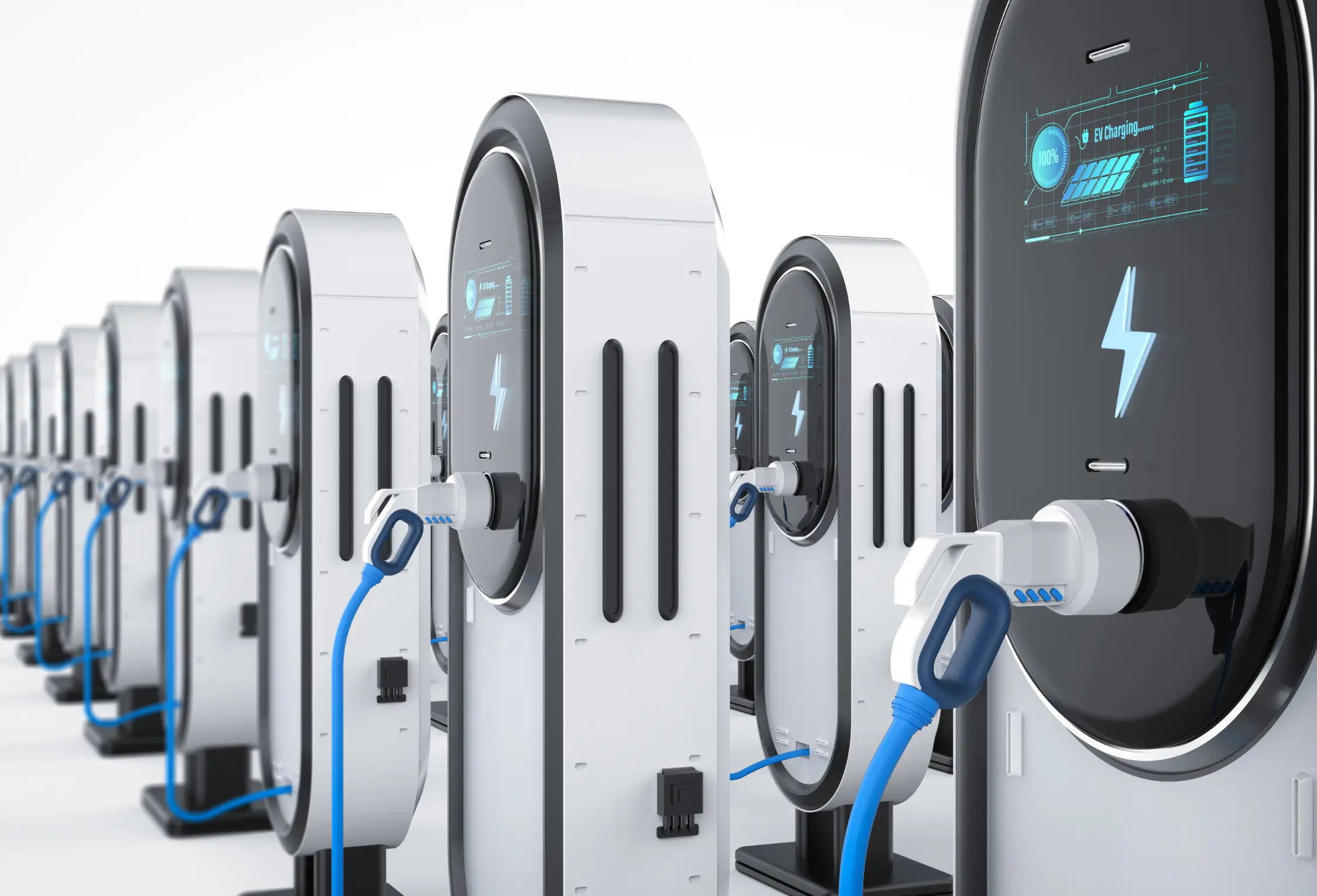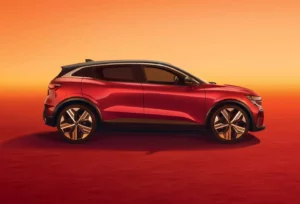Advancements in technology come from innovative and revolutionary ideas. The electric vehicle industry is now seeing a transformation with new battery technology.
During the early adoption of EVs, lithium-ion batteries were used. Further advancements in battery chemistry and innovations in material production have made significant improvements.
Battery innovations like solid state batteries along with higher energy density and alternative chemistry offer more stability. Advancements like this also drive economies while also offering a much better product for the consumers.
True innovation occurs with collaboration from different fields and industries. When automakers, tech firms and businesses work together while exchanging ideas, there will be breakthroughs in technologies.
Advances in Battery Performance with the New EV Battery Technology
Significant progress has been made in improving key aspects of EV battery performance including increased range per charge, faster charging capabilities, better longevity and safety.
Increased Range and Reduced Charging Times with New EV Battery
The driving range possible from a single charge has increased substantially over the years. While early EVs could only manage 40-80 miles on a charge, the latest models can achieve 300-400 miles range depending upon the DC charger thanks to advances in battery energy density.
Besides range, charging times have also reduced dramatically – newer EV batteries can charge up to 80% capacity in under 30 minutes using fast charging standards.
Thermal Management and Safety with New EV Battery
Maintaining optimal battery temperatures is critical for safety and performance. Effective cooling systems using air or liquid mediums enable heat regulation during fast charging or discharging to prevent issues like overheating, dendrite formation etc.
Safety has also improved through use of more stable materials, better cell isolation and durability testing against electrical/mechanical abuse.
Most EV batteries go through rigorous validation tests focused on safety such as nail penetration, crush testing etc.
Further improvements on these aspects remains an area of focus. Several breakthrough concepts are undergoing testing and refinement before being production-ready.
Startup Activity and Funding
Many technology startups focused exclusively on advanced batteries have emerged, some with novel approaches. Several have been funded heavily by VC firms and automotive companies eager to invest in the future of mobility.
Some notable startups in the EV battery space include QuantumScape working on solid-state batteries, StoreDot developing extreme fast charging solutions, SES developing lithium-metal batteries, and Addionics optimizing the battery management system.
Many startups are collaborating closely with research institutions and universities as well.
Industry Partnerships and Commitments
Incumbent battery makers like Panasonic, LG, Samsung, and CATL are actively partnering with EV manufacturers and tech firms to push the envelope on battery performance.
Carmakers such as Tesla, Volkswagen, and General Motors have announced billion-dollar investments in next-gen battery R&D and production facilities.
Groups of companies have also formed consortiums like the European Battery Alliance to strengthen local supply chains.
Further, many governments are offering subsidies and tax incentives for battery production and recycling infrastructure to encourage sustainability.
Closing Thoughts
The market for electric vehicles is growing, especially considering the urgency of the climate crisis. The modern consumers want to reduce their environmental footprint.
We need innovations in EV batteries for improved range and better charging times. They will also lower costs, and longevity of the product as a whole.
Widespread adoption of these EV batteries can reduce greenhouse gas emissions in a drastic manner further creating a much greener environment.
Development in technology makes products more accessible and cost effective for the consumer. This means a much larger consumer base can be targeted.
This new EV battery technology and innovation will enable more people to switch to electric vehicles and decrease our reliance on non-renewable energy sources





